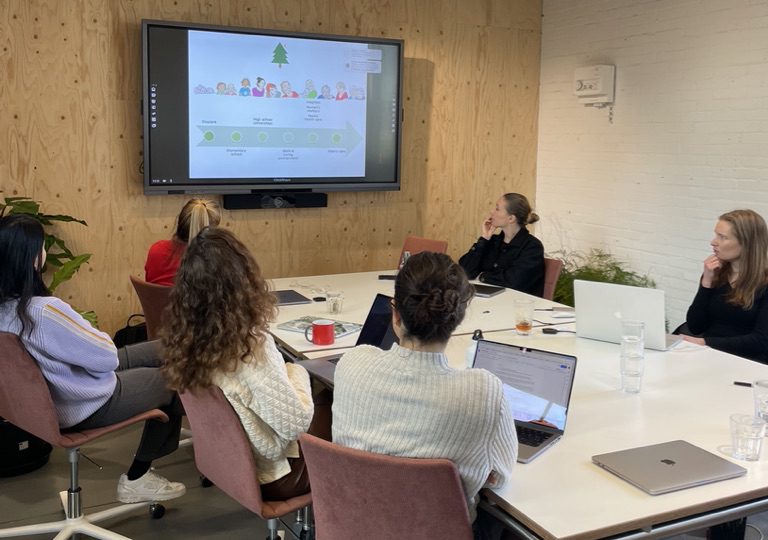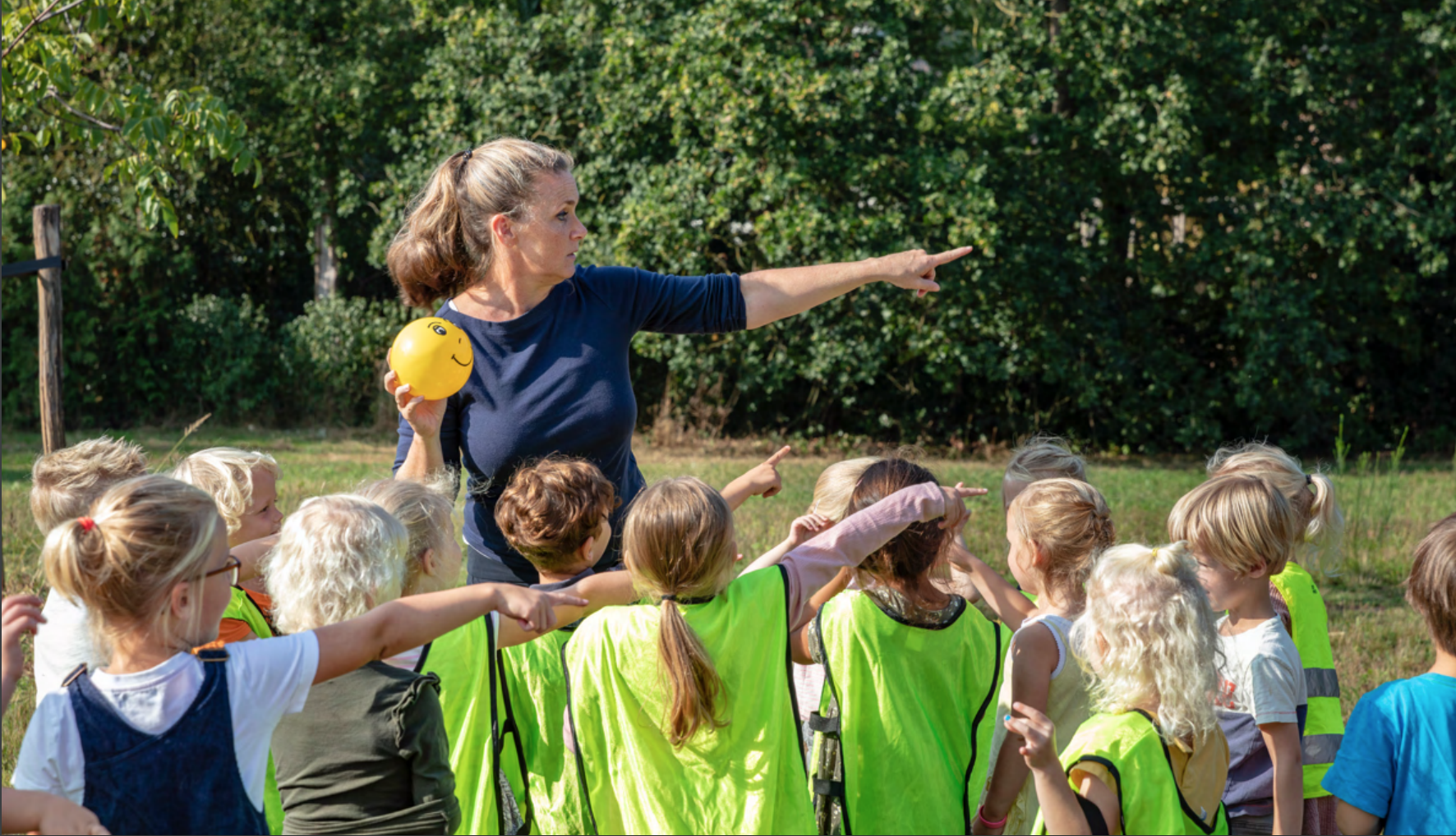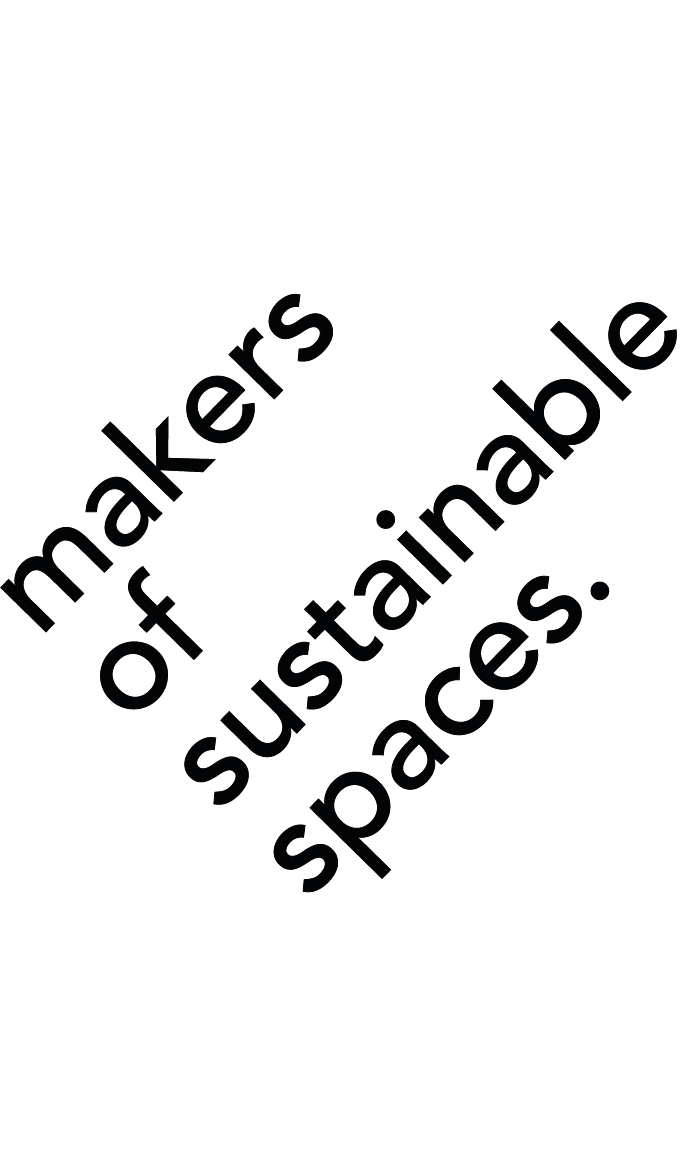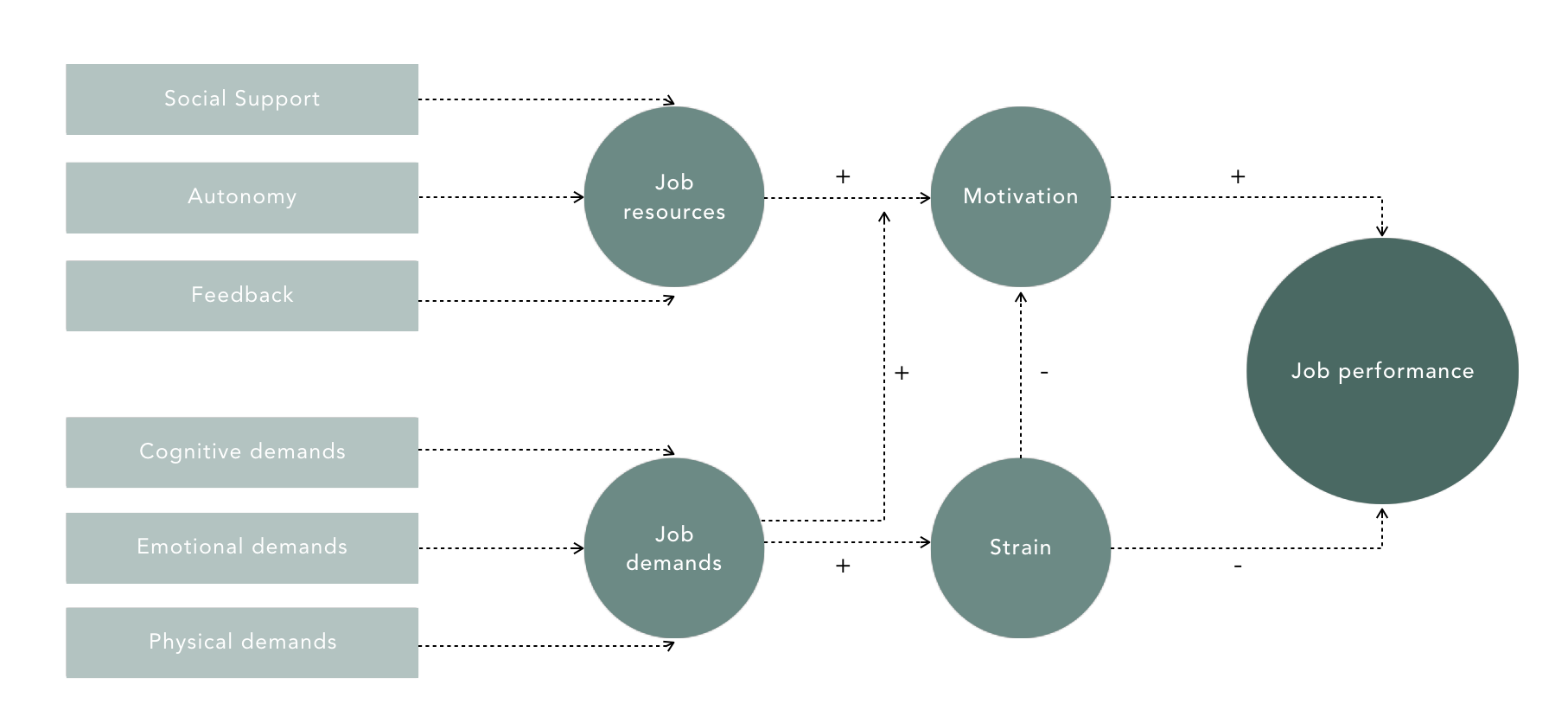25 Jul How Nature Affects Us: An Interview with Professor Jolanda Maas
Interview with Jolanda Maas
by Caterina Fagiolari
MOSS has had the pleasure to connect with Jolanda Maas to discuss and exchange knowledge on our common interest on how nature affects stress, productivity, and well-being. Our paths first crossed at the EILO conference in 2022, where our founder, Nina Sickenga, could not help but invite her to meet the rest of the team.


Jolanda Maas always had an affinity with nature; as when she was younger she often visited all sorts of green spaces with her parents. This has led her to pursue her PhD on “vitamin G” (Green space as a vitamin). Her PhD focussed on the relation between the amount of green space in the living environment and health. It was a progressive topic at the time, as when she started the research in 2005, there were only two studies published on this topic.
“ When green is integrated in living environments, we can save a total of 400 million euros yearly on healthcare related costs and employee productive costs for businesses.”
-Jolanda Maas, 2023
In her PHD studies she found that less people visit the general practitioner for both mental and physical issues when they have more green space in their living environment, estimating that a total of 400 million euros can be saved yearly from healthcare costs. As we discussed the results of incorporating green spaces into living environments, the team at MOSS couldn’t help but wonder if the same stress-reducing benefits could extend to employees, thus potentially reducing absenteeism and boosting productivity.
Through the elaborated Job Demands-Resources Model, Maas explained how people face stress, and how we can reduce it. The question remains: how can we prove that nature is one of such stress reducers?
A survey has been developed by Maas and administered to employees with questions like: Are the employees happier when looking at green? Are they more satisfied with their work? Do they suffer from less burnout related symptoms? The research collected data from over 500 employees from healthcare facilities.
“A beautiful indoor garden can exist but if it is not being used, then its value dissipates.”
-Jolanda Maas, 2023
MOSS could not agree more on this statement, as it is our aim to create green spaces that invite and connect the users to nature. Maas mentioned the Groen Voor Zorg project as an example: “Here they investigated the effects of a hospital garden on the well-being of patients. The study was hard to complete because the expensive hospital garden was hardly being used by patients. The garden was hardly used because of both practical as well as spatial reasons, for example, there was a lack of phone coverage and the path was too bumpy for patients with an infusion pole. So in fact, the solution is in the design.”
Research has shown that nature can improve our cognitive performance, lifestyle, and immune system. A view to green definitely has a positive effect on the psychology of the users, but they need to “use nature” to really feel the full effects. As a next step Maas and her team will identify important stimulating and impeding factors for the implementation of NBIs in healthcare facilities. The toolkit should address how green spaces should be designed to maximize the users’ well-being and connection, and how the users can utilize the green spaces for the best results.
Besides investigating the effect of green spaces, Maas also uses participatory research to stimulate the potential users of the green spaces to use the environment. If you only change the environment you will not necessarily also change the behavior of people. For instance, in the Netherlands a lot of schoolyards of elementary schools are greened. Greening schoolyards can have interesting effects on all developmental areas of children (see for more information: https://jantjebeton.nl/uploads/downloads/de-waarde-van-een-natuurrijke-gezonde-buitenruimte-rond-scholen-61233c9f1b724.pdf (in Dutch) or https://www.mdpi.com/1999-4907/14/4/660), but teachers hardly use these green schoolyards for educational purposes.


“This is a pity as the outdoor environment might be able to teach children in a more embodied way which can help them remember the things they have learned better. It is crucial to expose children to nature throughout their developmental stages. Not only is it beneficial for their growth and the development of their physical and mental health, it also opens their minds to the endless possibilities nature has to offer which encourages them to continue to affiliate with nature throughout their adult lives”, Maas explains.
In summary, the encounter between MOSS and Jolanda Maas highlighted the powerful benefits of nature on stress reduction, productivity, and overall well-being. Through their individual efforts, they seek to create green spaces that not only exist but are actively embraced and utilized by individuals, fostering a healthier and more harmonious relationship between people and nature. This research paves the way for a future where green spaces are intelligently designed, consciously used, and valued for their significant contributions to human health and happiness.
The meeting with Jolanda Maas left the team at MOSS inspired and motivated to delve even deeper into the connection between nature and well-being. The research conducted by Maas on the impact of green spaces on health was groundbreaking, and it is evident that her passion for nature and its potential benefits was contagious.



